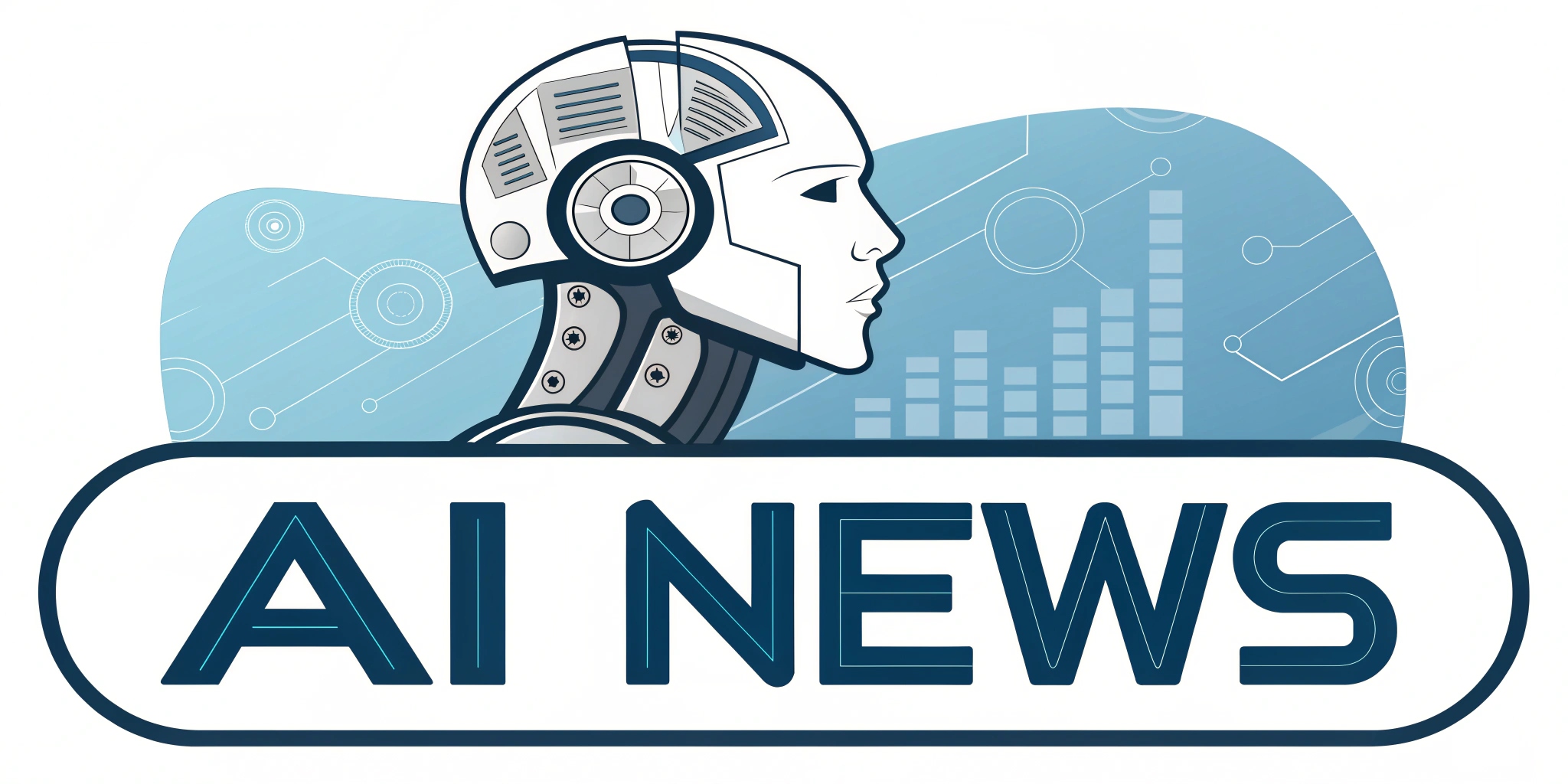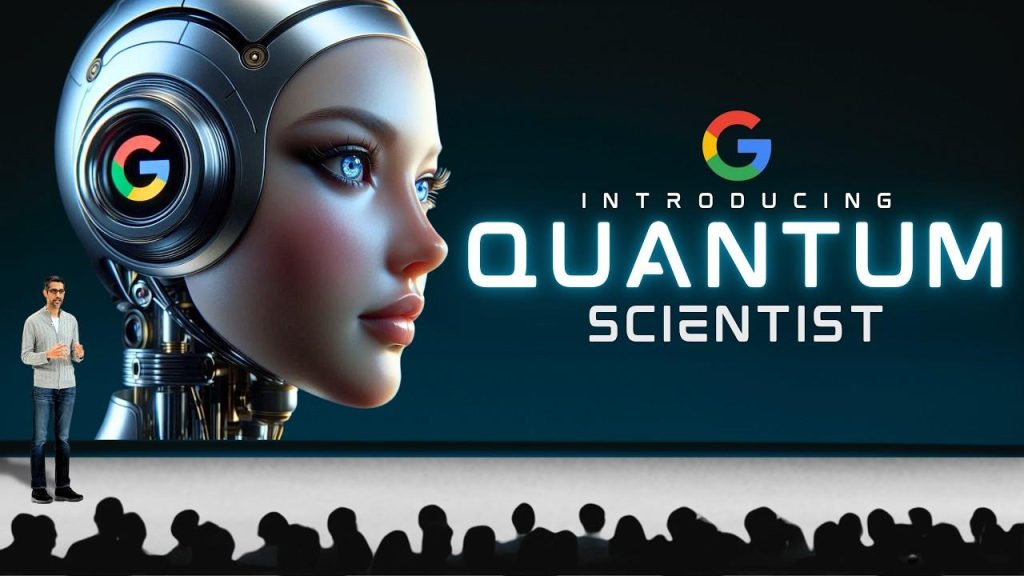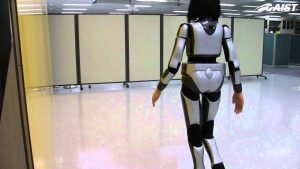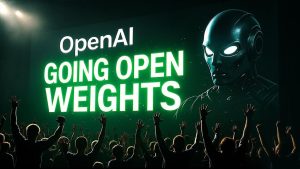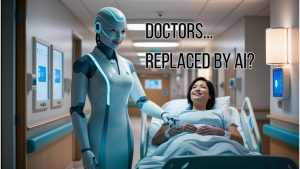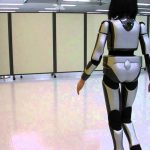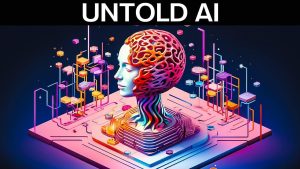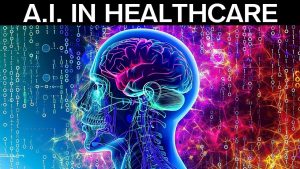In a groundbreaking announcement, Google has unveiled its latest innovation: an AI co-scientist powered by the advanced Gemini 2.0 system, designed to revolutionize the landscape of scientific research. This multi-agent AI system goes beyond mere analysis of data; it actively generates novel research ideas, creates detailed proposals, and accelerates scientific discoveries across various fields, most notably in biomedicine. Remarkably, this AI has demonstrated the ability to uncover new cancer treatments and identify mechanisms of bacterial resistance in mere days—an achievement that traditionally would take human researchers months or even years to accomplish. As this state-of-the-art technology challenges the conventional boundaries of scientific inquiry, it raises profound questions about the future role of human researchers. Can an AI that mimics the hypothesis generation and validation processes of scientists truly replace them? What implications does this have for the future of scientific revelation? With the AI co-scientist poised to become an integral part of research teams, the rules of engagement in the quest for knowledge are set to change dramatically.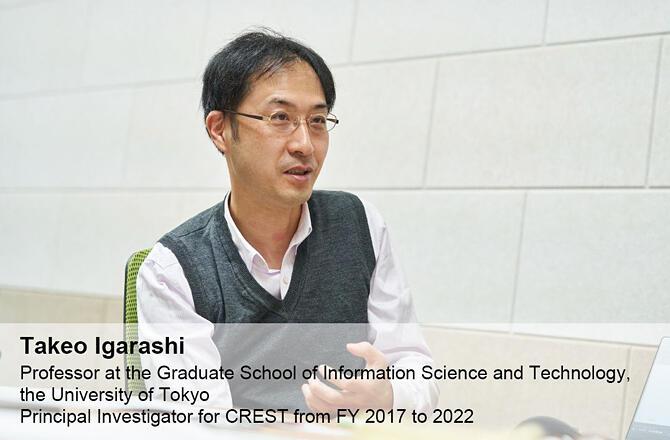
The Revolutionary Role of Google’s AI Co-Scientist in Scientific Discovery
The introduction of Google’s AI co-scientist heralds a shift in how data-driven hypotheses are generated and tested. By leveraging machine learning, this technology can sift through vast datasets, identify patterns, and construct innovative hypotheses that may not be promptly apparent to human researchers. The capabilities of the AI extend to streamlining research methodologies, enabling scientists to focus on refining experimental designs and validating results instead of merely generating ideas. This focus on efficiency ensures that the scientific community can allocate resources towards more impactful experiments and initiatives, ultimately enhancing the pace of discovery.
The AI’s proficiency in conducting extensive literature reviews and synthesizing findings also promises to enhance collaboration within research teams. With access to an ever-expanding database of scientific literature, the AI can present tailored insights that bridge gaps between different fields, fostering interdisciplinary cooperation. As an example, researchers in genetics can benefit from AI-generated insights derived from biomedical research, leading to innovation at the intersection of these domains.As scientists increasingly embrace this co-scientist approach, we may witness a transformation not just in speed but also in the quality and scope of scientific discoveries across various disciplines.
Transforming Research: How AI Generates and Validates Hypotheses
The advent of this AI co-scientist marks a pivotal moment for hypothesis generation in research. Utilizing an array of advanced algorithms, the AI is capable of performing simulations that test potential hypotheses against established data, which drastically reduces the time required for validation. It can analyze and correlate findings from previous studies much faster than conventional methods, leading to results that might elude human researchers. This ability to forecast experimental outcomes and identify the most promising avenues for inquiry means that valuable research resources can now be directed towards projects with the highest probability of success, ushering in an era of increased scientific reliability and rigor.
Furthermore,the integration of AI into research frameworks encourages a more dynamic form of collaboration among scientists. By continuously learning from current research trends and emerging discoveries,the AI can offer unique perspectives and suggestions that enrich the collective knowledge of research teams. This capability not only instills a sense of collective intelligence but also empowers researchers to tackle multifaceted problems from various angles.As a result, the potential for groundbreaking discoveries rises exponentially, challenging researchers to rethink traditional methodologies and embrace a future where human intuition and machine efficiency work in tandem for the advancement of science.
Accelerating Breakthroughs: The Impact of AI on Biomedical Research
The introduction of this AI co-scientist provides intriguing solutions to some of the most pressing challenges in biomedical research. By employing adaptive learning techniques, the AI can generate innovative strategies for drug discovery, analyzing compound interactions and biological pathways at a speed and precision unmatched by humans.Moreover, its ability to identify and simulate potential therapeutic approaches significantly reduces timeframes for preclinical studies. This implies that breakthroughs that once took years can now be achieved in a matter of weeks, paving the way for rapid clinical advancements. The efficiency offered by the AI may transform the entire drug development pipeline, from concept to market, by minimizing the risk associated with experimental failures.
In addition, the AI’s capacity to analyze data from clinical trials and patient records offers a new layer of personalized medicine. It can detect subtle trends and correlations that inform tailored treatment plans, thereby enhancing patient outcomes. Moreover, the system can integrate real-time feedback from ongoing studies, self-adjusting hypotheses, and methodologies to stay relevant to the ever-evolving landscape of medical research. This adaptability fosters a level of precision that supports a data-driven culture, encouraging researchers to embrace experimental agility and capitalize on emerging discoveries, ultimately leading to a more holistic understanding of complex health issues.
Navigating the Future: The Balance Between AI and Human Researchers in Science
As the capabilities of AI co-scientists advance, the dynamics between AI and human researchers are set to evolve in unprecedented ways. One notable aspect of this relationship lies in the approach to research design and execution. While AI excels at quickly parsing through multi-dimensional datasets and generating multiple research trajectories, human researchers provide critical qualitative insights that enhance contextual understanding. This complementary relationship is essential; the nuanced perspectives that humans bring, shaped by experience and creativity, ensure that AI-driven proposals are not only innovative but also relevant and ethically grounded. There is an emerging consensus that prosperous research teams will thrive through a blend of analytical prowess offered by AI and the intuitive judgments made by skilled scientists.
Moreover, the integration of AI in the research process heralds a new era of accountability and transparency in scientific inquiry. With AI’s ability to maintain complete records of hypothesis testing and experimental outcomes, the reproducibility crisis that has beset the scientific community may be alleviated. This transparency allows researchers to refine methodologies based on documented past performances, fostering an environment of methodological rigor. However, this transition to a collaborative framework also necessitates dialogue about ethical guidelines and oversight, ensuring that the rapid advancements in AI do not eclipse human judgment. So, building a robust regulatory framework surrounding AI’s role in research will be crucial for maintaining trust and integrity in scientific endeavors.
